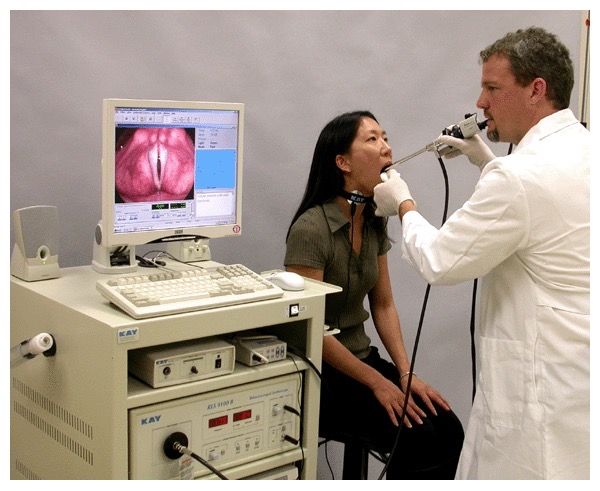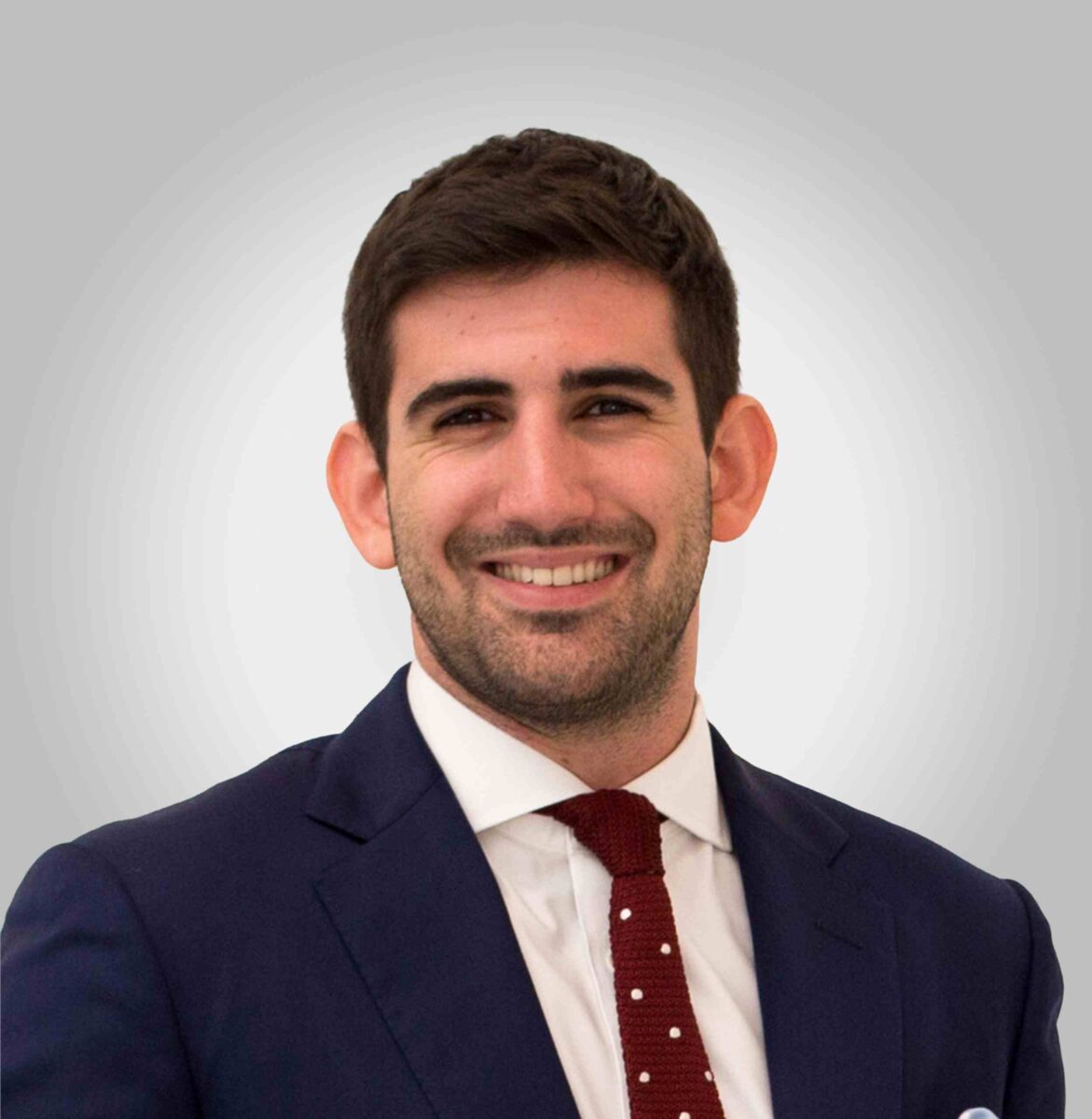Performing artists rely on their voices every day, whether they’re singers, actors, or public speakers. To make sure their voices stay healthy and strong, many turn to voice specialists such as Dr Nick Hamilton (pictured) —experts in vocal health who use advanced tools and techniques to keep the voice in top condition.
In the UK, voice clinics are often based in private practices or linked to hospitals and universities, with specialist teams that include speech therapists, ENT consultants, and vocal coaches.
Voice Assessments with Advanced Technology
A key part of vocal care is the voice assessment. This involves a detailed check of the vocal cords to understand how well they’re working. Specialists now use state-of-the-art visualisation tools, such as laryngoscopy and stroboscopy, to see the vocal cords in real time.

Inset: Stroboscopy examination
These tools allow the expert to watch the vocal cords as the artist performs. They can spot early signs of swelling, strain, or even nodules before the performer feels any symptoms. This kind of testing helps catch issues early and keeps performers from damaging their voice without realising it.
Some clinics even use high-definition video imaging to record the voice in motion. The footage is then reviewed frame-by-frame, giving clear insight into how the cords behave during singing or speaking. This level of analysis was not possible just a decade ago, but is now common in many UK-based voice centres.
Custom Tools and Training Plans
Once a voice assessment is complete, specialists create a personalised plan to help the performer. This might include vocal exercises, physical therapy, breathing techniques, or guidance on posture and hydration. These exercises are designed not just to fix problems but to build long-term vocal strength. In many cases, singers use feedback tools that show pitch, airflow, or volume levels on a screen during practice, helping them stay on track.
In the UK, around 70% of professional singers report vocal fatigue at some point in their careers. Having regular check-ups with a voice specialist can reduce that risk. Another study showed that over 60% of performers improved their vocal endurance within three months of working with a trained voice therapist.
Supporting Long-Term Vocal Health
For performing artists, their voice is their career. Voice specialists play a vital role in helping them avoid damage, recover from strain, and perform at their best. With the help of modern tools, experienced guidance, and early intervention, artists can protect their most valuable asset—their voice.




